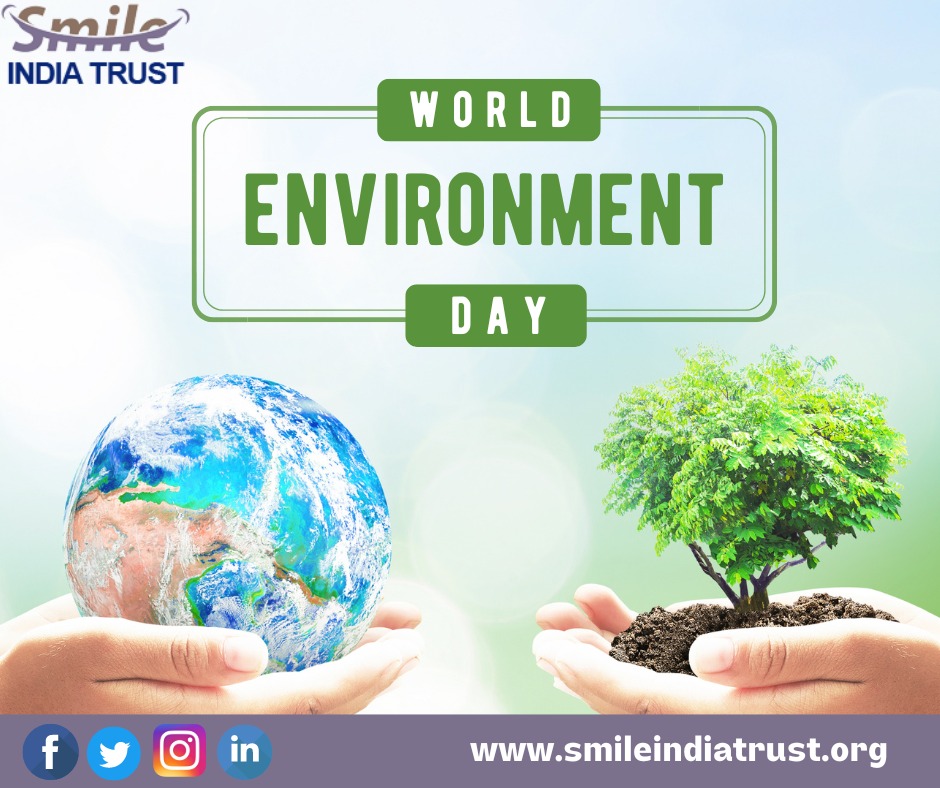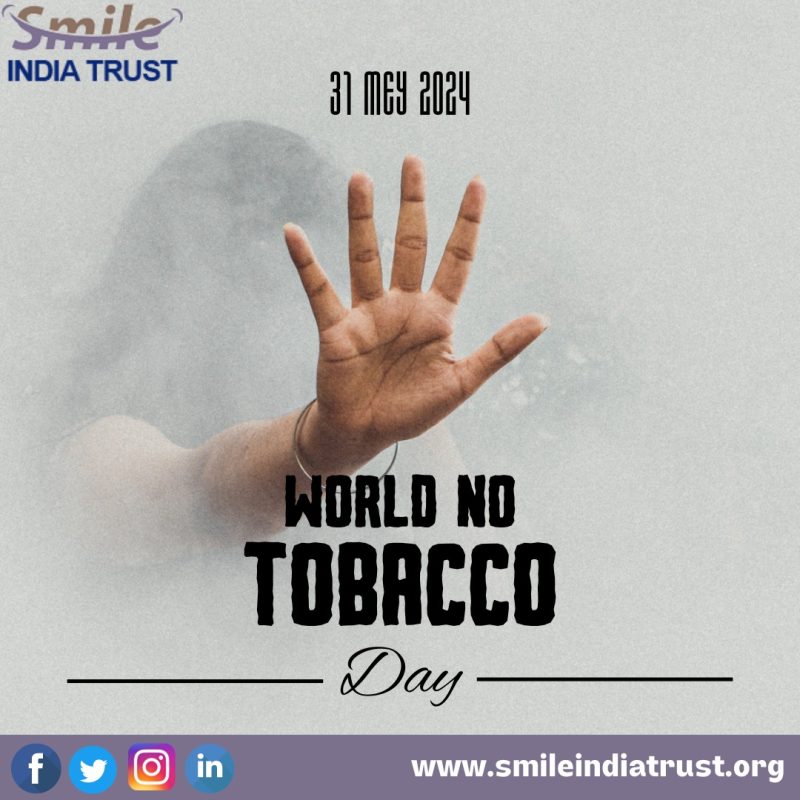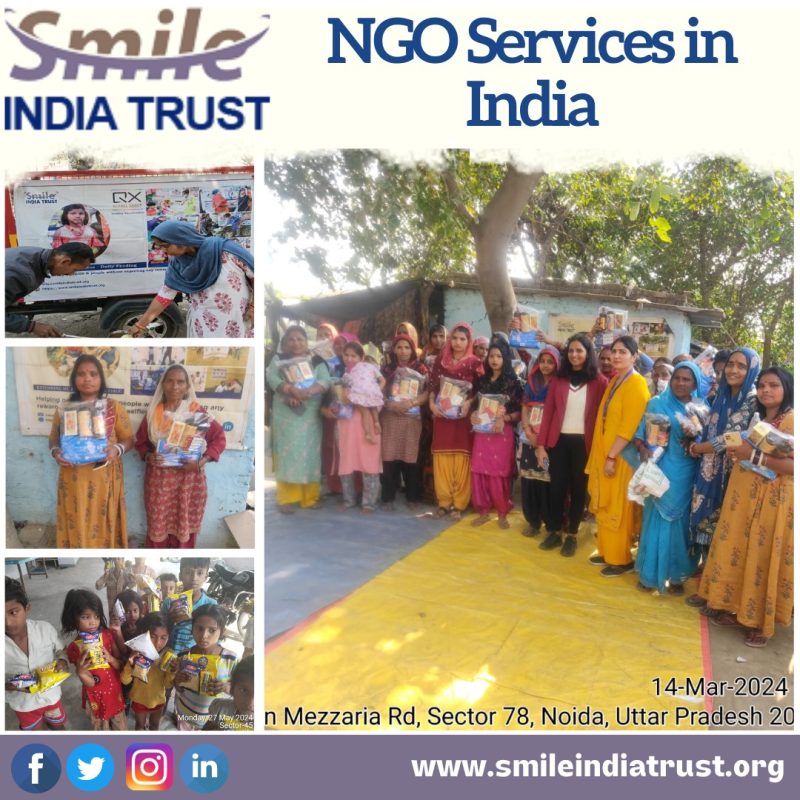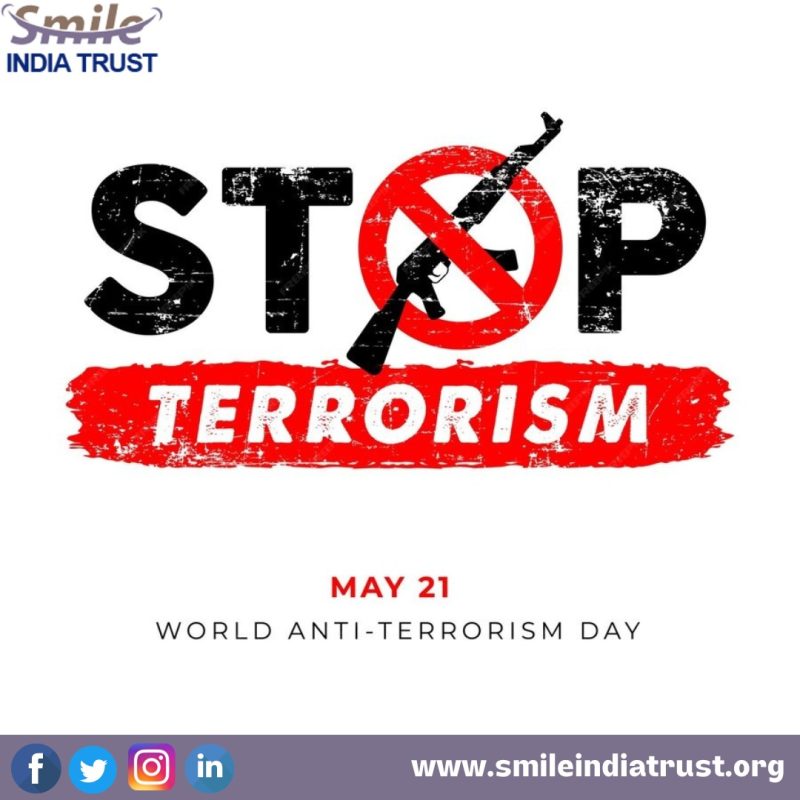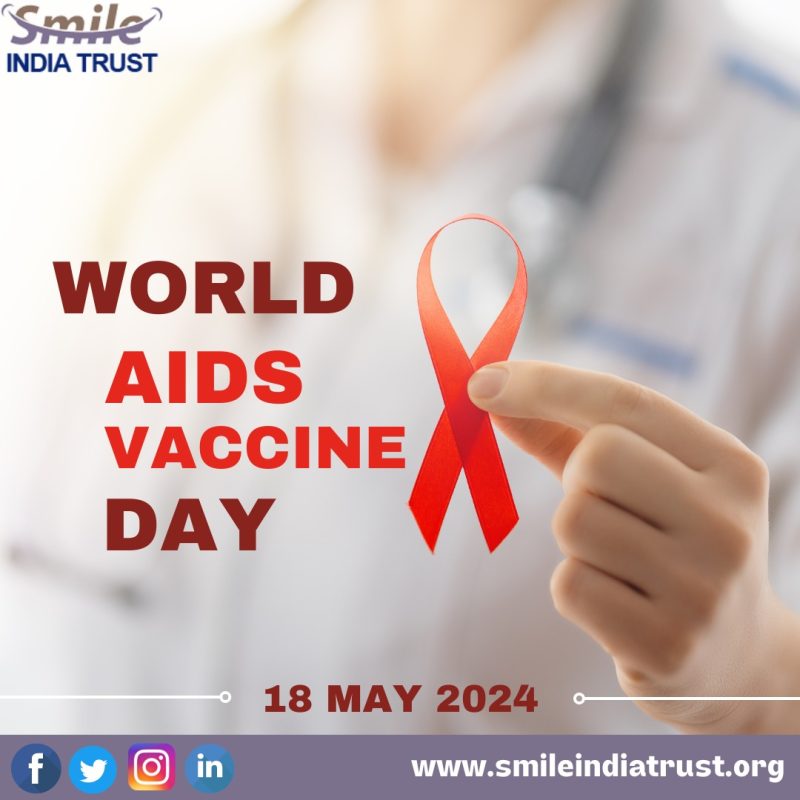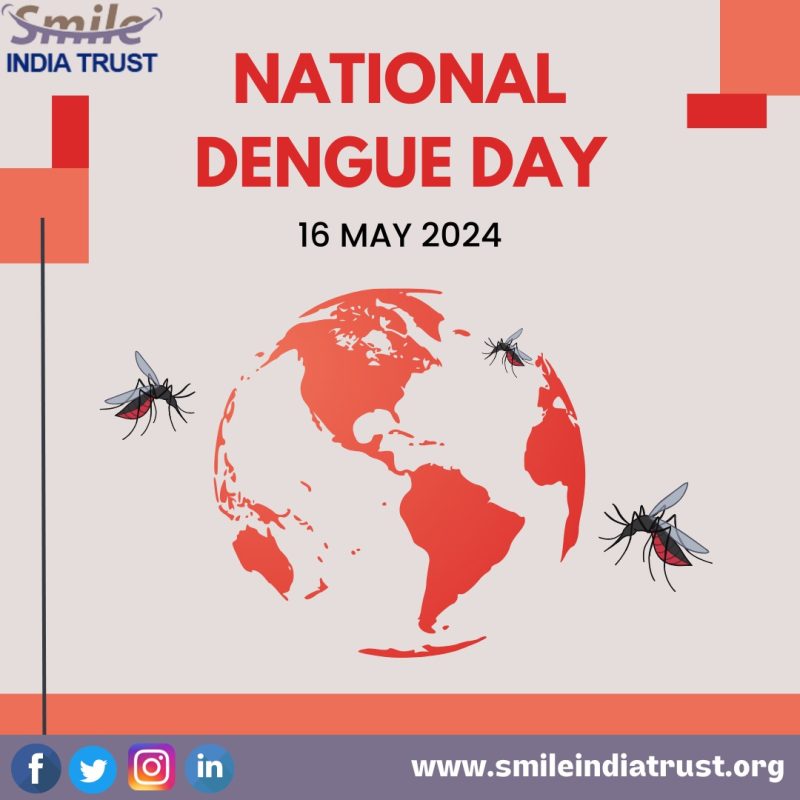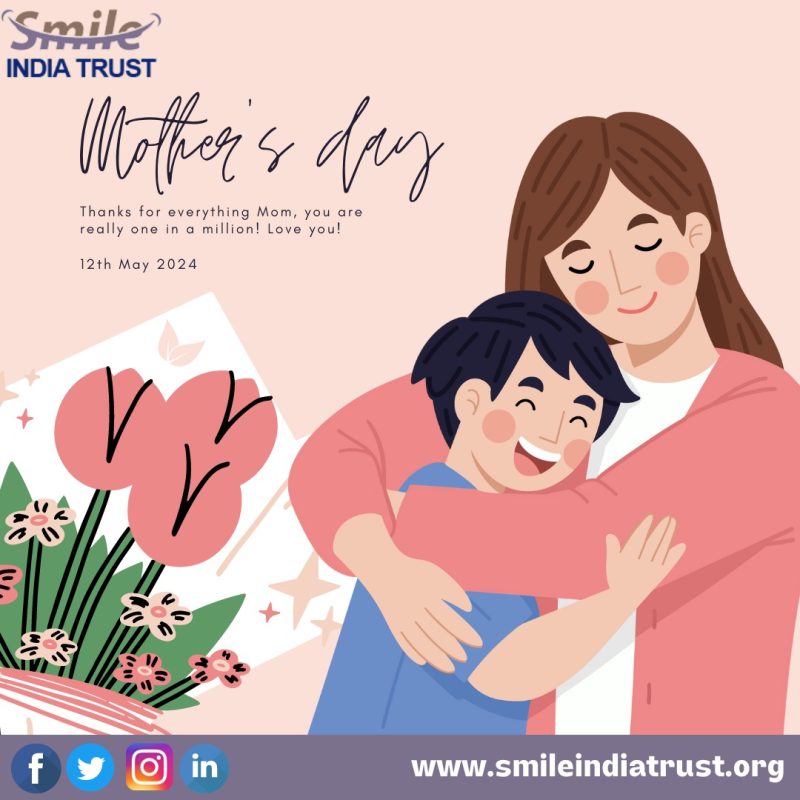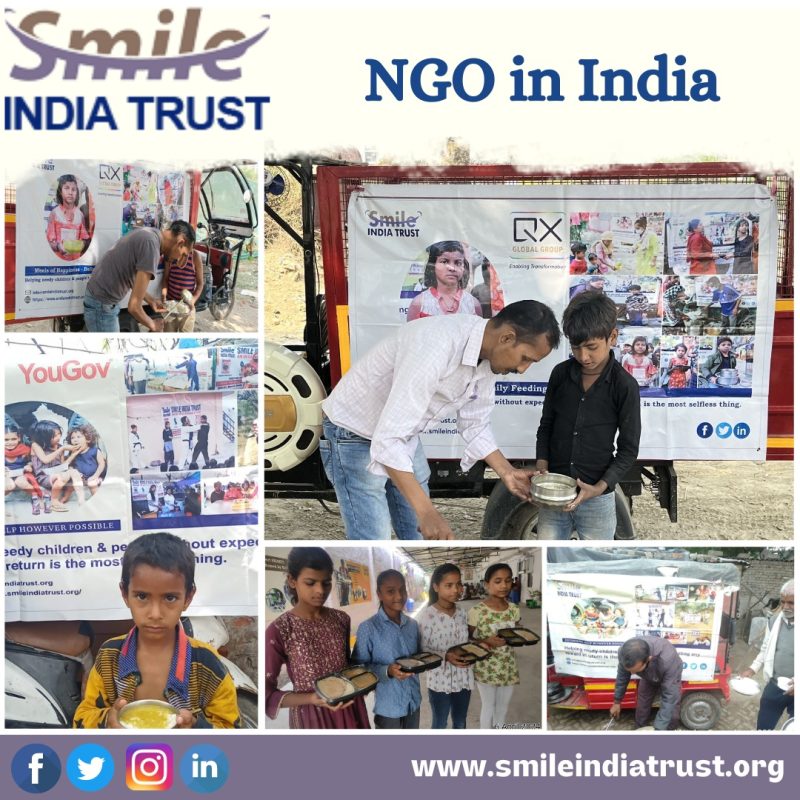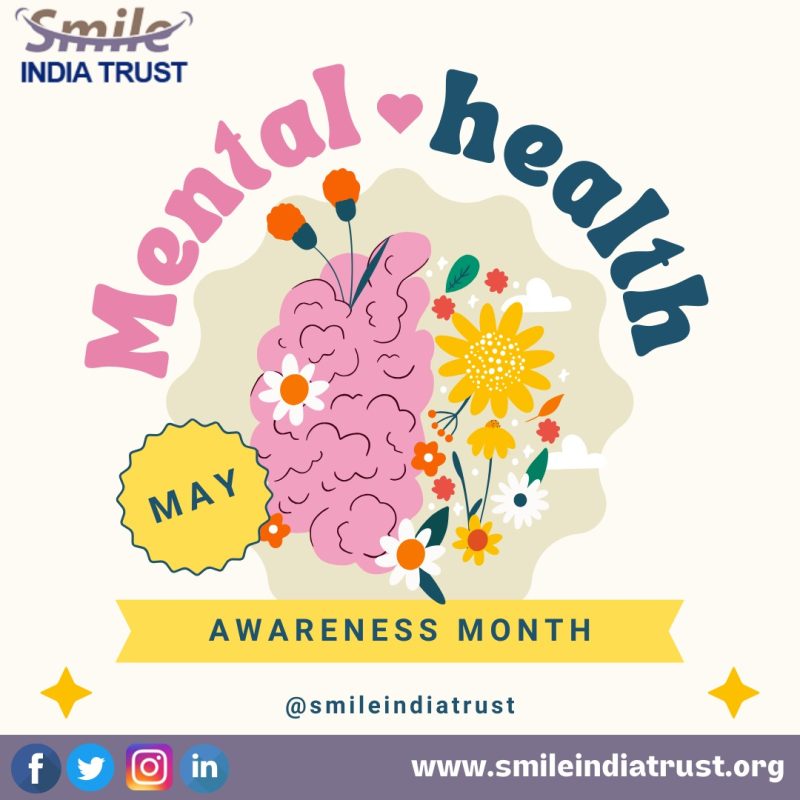A green environment is essential for human survival. Without a healthy natural world, wealth and fame are meaningless. There is no substitute for nature, and we should always keep this in mind. No matter how far science advances, nothing can replace the importance of nature and its role in sustaining life on Earth. On […]
Author Archives: Web Master
Tobacco is a very harmful substance that is freely available in countries where there is no ban on it. People who consume tobacco not only endanger their own lives but also the lives of their families and contribute to the worsening of society. It is essential to address this issue if we wish to prevent […]
NGO Services: A typical human being desires to lead a decent life where they have all the necessities they require, and the same goes for their family. However, in India, a majority of people lack fundamental necessities due to social issues, which also hinder the growth of both the community and individuals who want to achieve […]
Terrorism is a severe threat that instills fear in the community. National Anti-Terrorism Day is observed in India to honor the memory of former Prime Minister Rajiv Gandhi, who tragically lost his life in a terrorist attack on this day in 1991. It is essential not to succumb to terrorism and instead unite to fight […]
On the occasion of World AIDS Vaccine Day, let’s spread hope and happiness to our community and society by protecting every single individual from this horrifying disease, which can be life-threatening. This occasion is a new beginning to raise awareness among ourselves about diseases we can have if we don’t have proper knowledge. That’s what […]
There are numerous diseases in our environment, such as allergies, infections, and more. However, the most severe of them is dengue, which is something no one would ever want to suffer from. Unfortunately, in India, the majority of people still suffer from this disease, which is prevalent. The concern is that the community is not […]
Smile India Trust is a non-profit organization celebrating Mother’s Day. This day is a symbol and a reminder of the hard work and effort that every mother puts in to make our lives better. It’s time to give back to them, and our organization is dedicated to bringing a smile to every mother’s face. We […]
Basic needs are the fundamental requirements for survival and growth, which include food, water, shelter, clothing, and healthcare. These needs are crucial for our physical well-being and enable us to live a healthy and fulfilling life. It is essential to ensure that everyone has access to these basic needs to promote a happy and prosperous […]
May is Mental Health Awareness Month, which is dedicated to promoting mental health and well-being. Having good mental health is essential to living a happy and fulfilling life. No amount of fame, financial status, or social status can replace the importance of inner peace. To spread awareness about mental health, Smile India Trust is celebrating […]
World Earth Day is a reminder of the importance of nature and its living organisms, such as plants, flowers, and the environment. Humans need to understand that nature is not just for us, but a protective shield against our needs such as hunger, health, and more. Unfortunately, our greed has caused us to fail to […]

